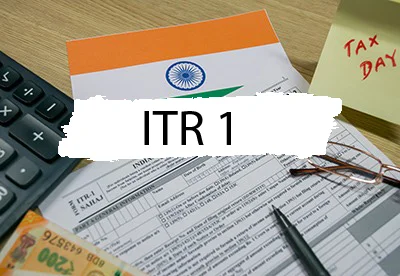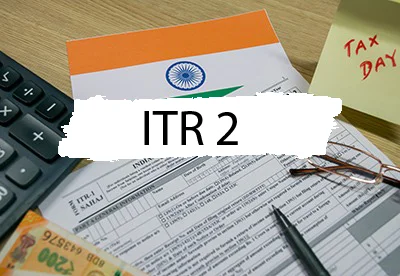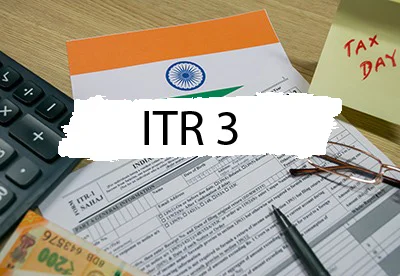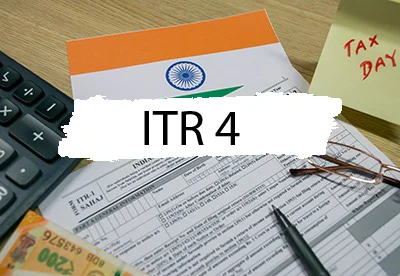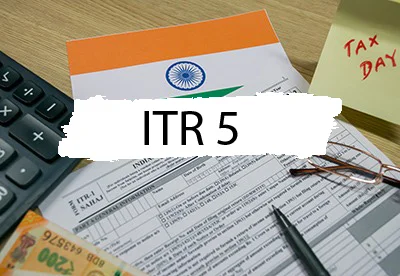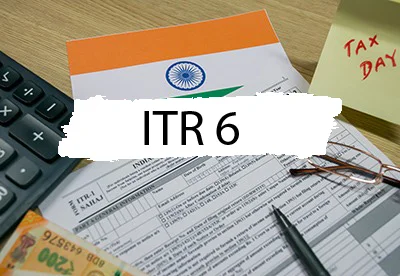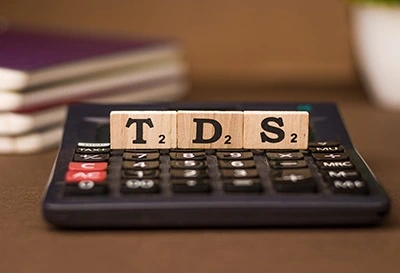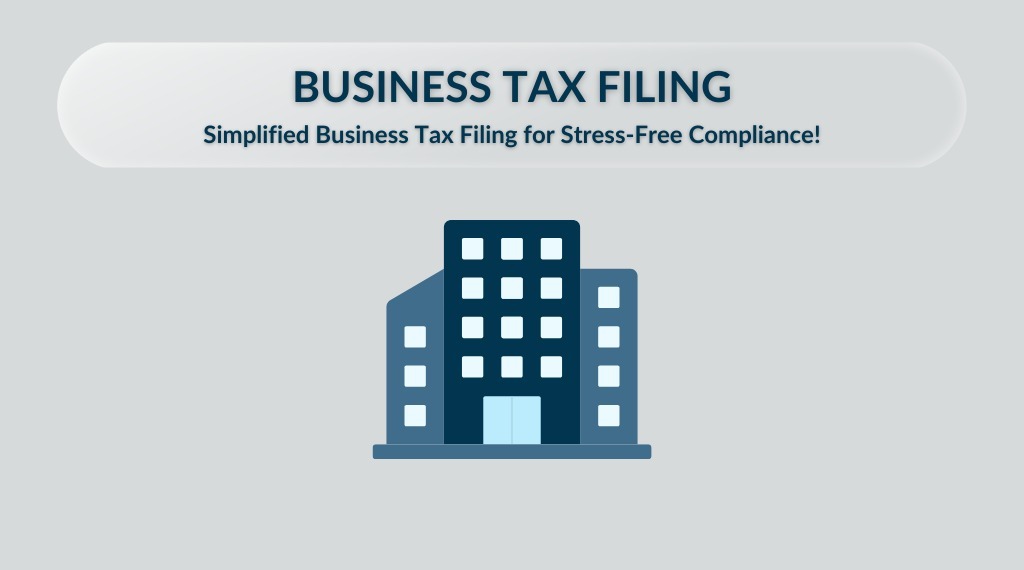
Features
Business Tax Filing
File your business tax returns and maintain compliance seamlessly through Taxinno.
INR 2950 All Inclusive
INR 5000 30% Off
Basic
- Income Tax Filing
Bussiness Tax Filing
ITR-3 is an income tax return form that is filed by individuals and Hindu Undivided Families (HUFs) who have income from profits or gains from business or profession. This form requires taxpayers to provide details of their income, deductions, and tax payments, and is used to calculate their tax liability for the year.
Business Tax Return Filings
Setting up a business and understanding the complexities of filing returns is essential to running a business. A business tax return is an income tax return filing applicable to companies. It serves as a comprehensive record of the business’s earnings and expenses.
Business Tax Return Filings in India just got more straightforward with Taxinno. We are here to help businesses easily file their tax returns. Our expert team makes the process less stressful, so you don’t miss deadlines or break any rules. It doesn’t matter if your business is starting or already big – we are here to help.
Ready to simplify your business taxes? Reach out to us today and discover smoother and stress-free Business Tax Return Filings!
What is a business tax return?
A business tax return refers to an income tax return for businesses. A business tax return is a comprehensive report that outlines a business’s income, expenses, and pertinent tax details, all presented in a designated form. It entails the submission of income tax returns for businesses, with the added requirement of reporting Tax Deducted at Source (TDS). This process must be carried out annually.
This return serves as a financial statement detailing earnings. It outlays and is a documentation of additional financial components like fixed assets, loans obtained, loans extended, debtors, and creditors within the business.
Income Tax Return Filing in India
Both Indian citizens and companies are required to file income tax returns if their Gross Total Income (GTI) exceeds Rs. 3 lakhs (amounts below three lakhs are exempted). These income tax returns must be submitted annually within the specified deadline. Various income tax return forms are available, tailored to different criteria applicable to multiple groups of individuals and businesses. It is essential to identify the appropriate arrangements and submit them to the Income Tax Department of India for processing.
Filing income tax returns offers several advantages for businesses, some of which are outlined below:
- Refund Claims:Accurate and timely filing can lead to potential refunds, which can be beneficial for improving cash flow within the business.
- Carry-forward of Losses:Losses incurred in one financial year can be carried forward and adjusted against future profits, reducing tax liabilities.
- Loan Applications:Having proper and up-to-date income tax returns can serve as evidence of financial stability, increasing the chances of obtaining loans or credit from financial institutions.
- Evidence for Transactions:Filed tax returns can provide solid proof of the business’s financial transactions and activities, which can be helpful for legal or contractual purposes.
- Compliance with Law:Filing tax returns ensures compliance with tax regulations, helping businesses avoid penalties or legal issues.
- Transparency:Transparent financial records through tax returns can enhance the business’s credibility, fostering trust among customers, partners, and stakeholders.
- Audit Preparedness:Filed returns provide a basis for accurate financial statements, preparing the business for potential tax audits.
- Business Growth:Accurate financial reporting through tax returns can assist in making informed business decisions, aiding in growth and expansion strategies.
- Avoiding Notices:Timely and accurate filing reduces the likelihood of receiving notices or queries from tax authorities.
- Availing Tax Benefits:Filing returns on time enables businesses to avail themselves of various tax benefits and deductions legally, optimizing their tax liabilities.
Who Should File a Business Tax Return?
Filing a tax return is mandatory for all eligible businesses operating within the framework of Indian tax regulations. The need to file a business tax return is contingent upon the structure of the business:
- Sole Proprietorship
- Partnership Firm
- Limited Liability Partnership (LLP)
- Companies – Private Limited Company, One Person Company
Types of Business Tax Return Filing
The different categories for filing Business Tax Returns are determined based on the types of business entities allowed to submit them. These categories correspond to other business structures and their respective designations.
- Partnership Firm Tax Return Filing
- Proprietorship Tax Return Filing
- Limited Liability Partnership Tax Return Filing
- Company Tax Return Filing
Proprietorship Tax Return Filing
Any individual with business income is said to be operating a proprietorship firm. Proprietorships operating in India are required to file income tax returns each year. Since proprietorships are considered the same as proprietors, a proprietorship’s income tax return filing procedure is similar to individual income tax return filing.
Requirement for Filing Proprietorship Tax Return
All proprietors below 60 years are required to file income tax returns if total income exceeds Rs. 2.5 lakhs. For proprietors over 60 years but below 80 years, income tax filing is mandatory if total income exceeds Rs.3 lakhs. Proprietors over 80 years and above must file income tax returns if the total income exceeds Rs.5 lakhs.
Income Tax Rate for Proprietorship
The income tax rate for proprietorship is the same as the income tax rate for individuals. Unlike the income tax rate for LLP or Company, which are flat rates, proprietorships are taxed on slab rates. The following is the income tax rate applicable for proprietorships for the assessment year 2023-24, wherein the Proprietor’s age is less than 60.


